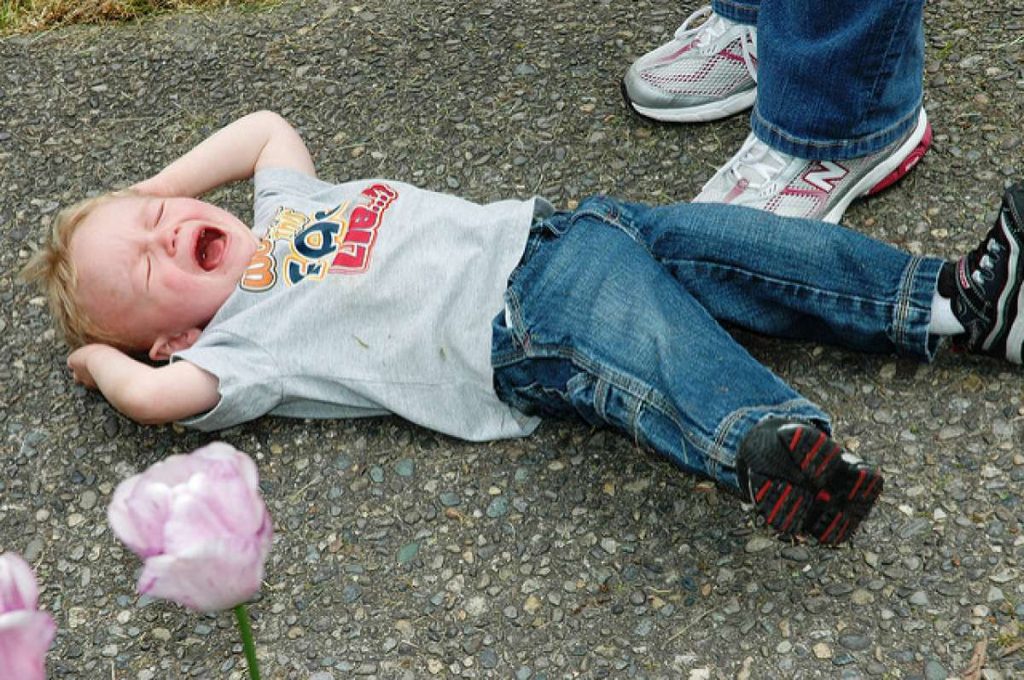As parents, we all want to raise our children to be kind, respectful, and well-mannered individuals. However, one of the challenges we may face is dealing with a child who uses bad words. It can be difficult to know how to respond when your child uses language that is not appropriate, and it can be easy to feel like a failure as a parent. However, it is important to remember that this is a normal part of child development and there is nothing to worry about.
Understanding Why Children Use Bad Words
One of the main reasons children use bad words is because they hear them from others. Children are curious and constantly learning new things, and language is no exception. They may hear bad words at a park, on television, or even from their parents. This is why it is important for parents to be mindful of their own language and to set a good example for their children.
Setting a Good Example for Children:
If you don’t use bad words yourself, you have the moral right to tell your child not to use them. Another important thing to remember is that children are still learning and experimenting with language. They may not fully understand the meaning or impact of the words they are using. They may also be testing boundaries or seeking attention.
Addressing the Behavior in a Positive Manner:
When your child uses a bad word, it is important to address the behavior immediately. Let them know that the word is not appropriate and that it is not acceptable to use it. This can be done in a calm and firm manner, without yelling or getting overly emotional. It is also important to explain to your child why the word is not appropriate and to provide alternatives that they can use instead.
Communicating with Your Child:
One of the best ways to address a child’s use of bad words is to have open and honest communication with them. Take the time to talk to your child about their behavior and explain to them why the use of bad words is not appropriate. Encourage them to express their feelings and thoughts in a more appropriate way.
Using Positive Reinforcement:
Another approach is to use positive reinforcement. Instead of focusing on the negative behavior, focus on the positive. When your child uses appropriate language, let them know that you noticed and appreciate it. This will encourage them to continue using appropriate language and will help them to develop a positive self-image.
Avoiding Judgement and Being a Good Role Model:
It is also important to avoid being judgemental of your child or your parenting style in such situations. Children are still learning and experimenting with language, and it is not a reflection of your parenting skills. Remember that children learn by example, so be a good role model for them.
In conclusion:
- Remember that it is normal for children to experiment with using bad words
- It is important for parents to set a good example by not using bad words themselves
- Be firm and clear in telling children that using bad words is not acceptable
- Approach the situation with understanding and patience, rather than becoming angry or upset
- Have open and honest communication with your child about their behavior
- Use positive reinforcement to encourage appropriate language
- Avoid being judgemental of your child or your parenting style
- Remember that children learn by example, so be a good role model for them.



